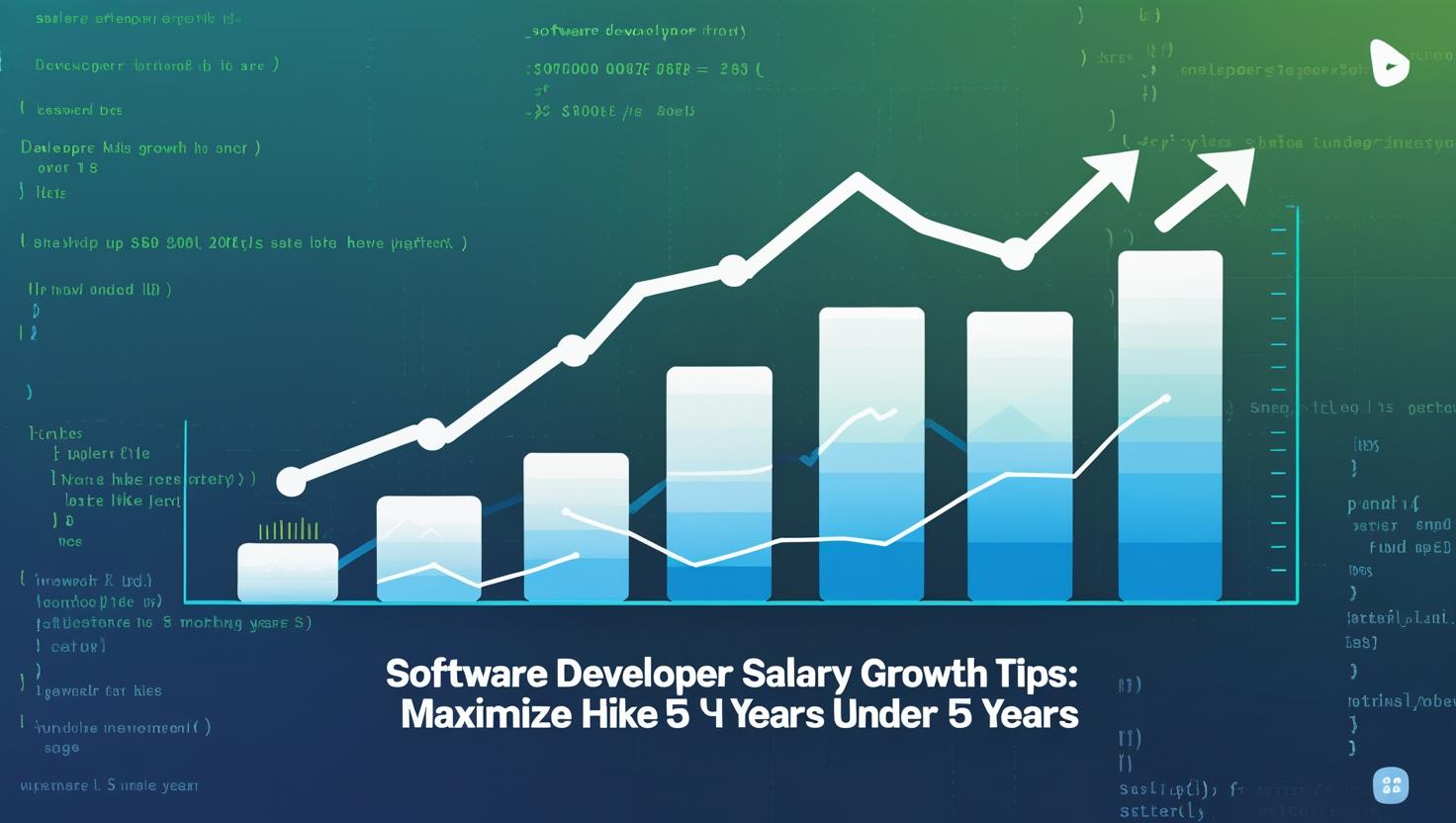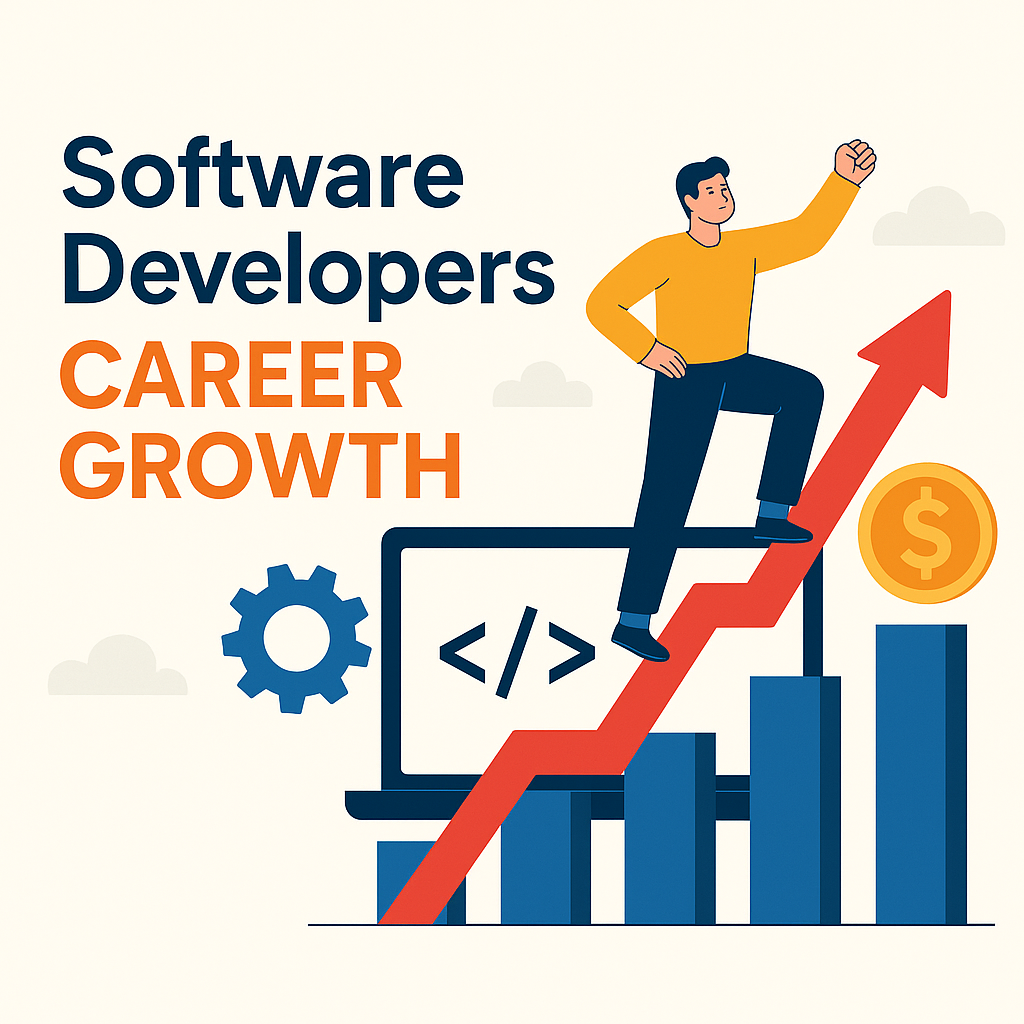When you’re preparing for job interviews as a front-end, back-end, or full-stack developer, it’s crucial to answer HR questions confidently—especially those related to your skills, experience, and expected salary. Highlighting your technical expertise and aligning your salary expectations with industry standards can significantly boost your chances of landing the right offer.

In this post, we break down the most common HR interview questions with sample answers tailored for software developers

“Front-end developer job change reason”
“Full-stack developer skills with ratings”
Salary negotiation for software developers
How much hike to ask during job change in India
CTC negotiation tips for 2 to 5 years experience
How to ask for 60% hike in tech
✅ What Are Your Primary Skills?
👨💻 Front-End Developer Skills
| Skill | Years of experience | Expertise Level | Rating (out of 10) |
| HTML5 & CSS3 | 3/4/5/5+ | 3 to 4 years – Advanced 5 to above uears – Expert | Advanced(3 to 4 years) – 8/10 Expert(5 years) – 9/10 Expert(5+) – 10/10 |
| JavaScript (ES6+) | 3/4/5/5+ | 3 to 4 years – Advanced 5 to above uears – Expert | Advanced(3 to 4 years) – 8/10 Expert(5 years) – 9/10 Expert(5+) – 10/10 |
| ReactJS/Angular 2+ | 3/4/5/5+ | 3 to 4 years – Advanced 5 to above uears – Expert | Advanced(3 to 4 years) – 8/10 Expert(5 years) – 9/10 Expert(5+) – 10/10 |
🔧 Back-End Developer Skills
| Skill | Years of experience | Expertise Level | Rating (out of 10) |
| Java | 3/4/5/5+ | 3 to 4 years – Advanced 5 to above uears – Expert | Advanced(3 to 4 years) – 8/10 Expert(5 years) – 9/10 Expert(5+) – 10/10 |
| Spring, Springboot, Hibernate, Spring JDBC | 3/4/5/5+ | 3 to 4 years – Advanced 5 to above uears – Expert | Advanced(3 to 4 years) – 8/10 Expert(5 years) – 9/10 Expert(5+) – 10/10 |
| Rest API, Microservices | 3/4/5/5+ | 3 to 4 years – Advanced 5 to above uears – Expert | Advanced(3 to 4 years) – 8/10 Expert(5 years) – 9/10 Expert(5+) – 10/10 |
Providing a clear, structured list of your skills is crucial. This format allows recruiters to quickly assess your qualifications. The “Expertise Level” and “Rating” help quantify your confidence and experience
✅ What Are Your Secondary Skills?
🌐 Front-End Focused Secondary Skills
Unit Testing: Jest, Jasmine, Cypress
CI/CD: Jenkins, GitHub Actions
Back-End Familiarity: Basic knowledge of Node.js, Express or Java, SpringBoot, Hibernate for better API collaboration
⚙️ Back-End Focused Secondary Skills
DevOps & CI/CD: Jenkins, GitHub Actions, Kubernetes (basic)
Message Queues: RabbitMQ, Kafka
Front-End Familiarity: Basic understanding of React/Angular and component lifecycle for effective team collaboration.
✅ What Is Your Current Location?
I am currently based in Hyderabad, India, and I am open to Remote opportunities, Hybrid job roles, Relocation based on company requirements
✅ Why Are You Looking for a Change?
My current role has helped me build a strong foundation, but I now want to work on more challenging projects, also learn newer frameworks, clean code practices and focuses on performance optimization, which aligns better with my long-term goals
I’m aiming for a position that allows me to grow in backend architecture and DevOps integration. I’ve contributed effectively in my current role, but I’m looking for a change that brings better learning opportunities — including cloud-based deployments, CI/CD pipelines, and security practices. This will help me become a more well-rounded backend engineer.
✅ What Is Your Expected Salary?
💸 How to Ask for a Higher Salary: Salary Negotiation Tips for Software Developers (Under 5 Years of Experience)
When it comes to switching jobs, negotiating salary is often one of the most nerve-wracking yet crucial steps—especially if you’re a developer with less than 5 years of experience. The good news? You can and should ask for a higher compensation—and here’s how to do it strategically
🎯 Salary Negotiation Strategy Based on Experience
After working in the software industry and observing multiple real-world job offers, here’s a practical strategy I recommend for negotiating your next compensation package effectively.
✅ If You Have Less Than 5 Years of Experience
You can confidently ask for a salary hike between 40% and 65% based on your skill set, interview performance, and current CTC (Cost to Company).
Here’s a breakdown:
📌 1. If Your Current CTC Is Less Than or Equal to ₹5 LPA
Target Range: ₹8 – ₹10 LPA
📝 Example Answer:
“I’m looking for a compensation in the range of ₹9 to ₹10 lakhs per annum. However, I’m open to negotiation based on the role and growth opportunities.”
Why it works: Many companies expect candidates to aim for a 50-60% hike, especially if your base salary is on the lower side.
📌 2. If Your Current CTC Is Between ₹6 – ₹10 LPA
Target Range: ₹12 – ₹17 LPA
📝 Example Answer:
“My current CTC is ₹8.5 LPA, and considering the responsibilities this role demands, I’m looking for something in the range of ₹14 to ₹16 LPA. I’m flexible and happy to discuss further.”
Why it works: You’re still early in your career but have enough experience to justify a strong jump—especially if you bring niche skills like React, Node.js, DevOps, or Cloud
📌 3. If Your Current CTC Is Above ₹10 LPA
Target Range: ₹17 – ₹24 LPA
📝 Example Answer:
“My current package is ₹11.2 LPA, and I’m aiming for ₹18 to ₹22 LPA based on my current skill level and the job expectations.”
Why it works: After crossing ₹10 LPA, your hike expectations should also reflect your growing responsibilities and leadership potential.
📈 Why Asking for a 40-65% Hike Is Reasonable
The tech industry is highly competitive, and good developers are in demand
Companies often have budgeted ranges and expect candidates to negotiate
With less than 5 years of experience, you’re in a growth window—you’re skilled, adaptable, and less expensive than senior developers
Employers value problem-solvers more than just years on paper
🏁 Final Thoughts
If you’re a software engineer with less than 5 years of experience, don’t settle for a minimal hike. Use this strategy to confidently aim higher during your next interview. Always remember: it’s not just about the money—it’s about knowing your worth.
